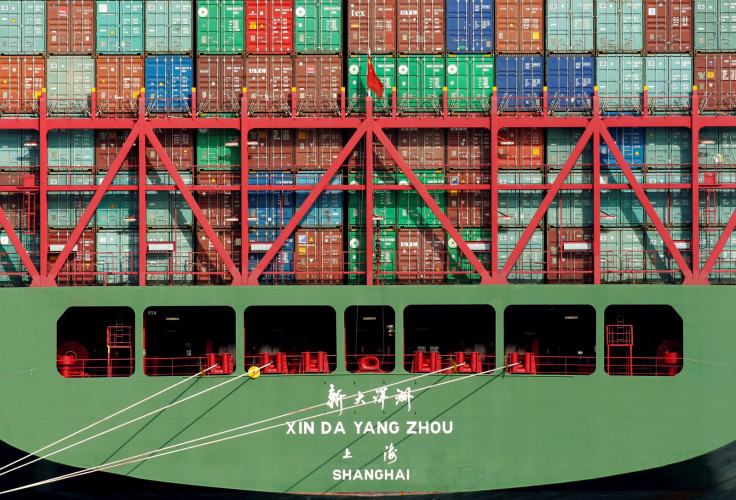Trade wars: China accuses Trump of flip-flops and U-turns on tariff threats
Asian financial markets tumbled on renewed worries about a U.S.-Chinese trade spat

China's government accused the Trump administration of hurting its credibility by acting erratically on trade and vowed Wednesday to fight back if Washington goes ahead with a threatened tariff hike.
A foreign ministry spokeswoman complained the U.S. decision to renew a threat to raise duties on a $50 billion list of Chinese goods conflicts with an agreement in mid-May aimed at settling that dispute. Treasury Steven Mnuchin said then that the conflict was "on hold" after Beijing promised to buy more U.S. goods to help narrow its multibillion-dollar trade surplus with the United States.
The spokeswoman, Hua Chunying, declined to say whether Tuesday's announcement might disrupt plans for Commerce Secretary Wilbur Ross to visit Beijing for talks starting Saturday. The Commerce Ministry didn't respond to questions about the status of the meeting, but the American Embassy said a delegation of trade, agriculture and treasury officials had arrived in the Chinese capital to make preparations.
Hua gave no indication of whether Beijing planned to act on its own threat to retaliate by raising duties on a $50 billion list of American goods including beef and soybeans.
"Every flip-flop and U-turn of a country will be simply depleting and squandering its own credibility," Hua said at a regular briefing.
"We do not want a trade war, but we are not afraid of one. We will fight back," she said. "We will definitely take forceful measures to defend our legitimate interests."
The White House announcement said it also would impose curbs on Chinese investment and purchases of high-tech exports.
Asian financial markets tumbled on renewed worries about a U.S.-Chinese trade spat. China's main market index fell 2.5 percent and Japan's benchmark lost 1.5 percent.
The tariff threat is a "very powerful" negotiating tactic, said Lester Ross, chairman of the American chamber's policy committee. However, he said tariffs are a tax on American consumers and a blunt tool to address "very complex problems that hamper trade and investment relationships."
Analysts in the United States suggested the newly confrontational stance also might be aimed at appeasing congressional critics of a deal the Trump administration made Friday that allowed Chinese telecom giant ZTE Corp. to stay in business.
ZTE agreed to remove its management team, hire American compliance officers and pay a fine. That would be on top of a $1 billion penalty ZTE paid for selling high-tech equipment to North Korea and Iran in violation of U.S. sanctions.
In return, the Commerce Department lifted a seven-year ban on ZTE's purchase of U.S. components that it imposed earlier in May. Trump said last month the ban threatened too many Chinese jobs and he wanted to get the company back in business.
© Copyright IBTimes 2025. All rights reserved.





















